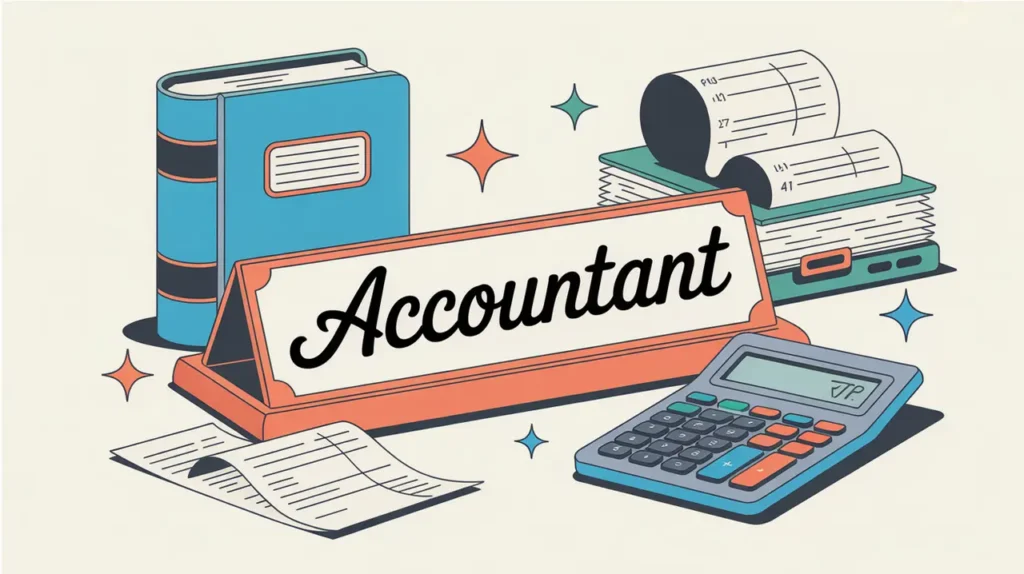What Does the Risk Officer Role Involve?
A Risk Officer is responsible for implementing and monitoring risk management processes to ensure that potential threats to the organization’s operations, programs, finances, or reputation are identified, assessed, and addressed in a structured way. They conduct risk assessments, maintain risk registers, support mitigation planning, and provide regular updates to leadership and relevant teams. Their role combines analytical work with coordination across functions to ensure that risk management is embedded in day-to-day operations.
In nonprofits and social enterprises, Risk Officers play a key role in safeguarding organizational integrity and resilience, particularly in contexts where funding, compliance, or external operating environments are complex and dynamic.
At What Level does this Role Operate?
Mid Level: Risk Officers typically report to a Risk Lead, Risk Manager, or Director of Operations. They work with moderate autonomy, managing risk processes for specific programs, departments, or operational areas. They may supervise assistants or clerks and regularly collaborate with teams across the organization to monitor and address risks.
Relative Employability: Risk Officer roles are increasingly available across nonprofits, NGOs, foundations, and social enterprises as organizations build more structured risk functions. These roles are particularly relevant for organizations working in multiple geographies, managing significant donor portfolios, or operating in volatile contexts.
Relative Pay Scale: Risk Officers generally occupy the mid pay band, sitting above assistant and clerk roles but below lead and managerial positions. Their compensation reflects their analytical responsibilities and their role in ensuring compliance and organizational resilience.
What are the Key Responsibilities and Activities?
- Conduct risk assessments across operational, programmatic, financial, and strategic areas
- Maintain and update risk registers, ensuring accurate documentation and prioritization of risks
- Monitor risk indicators and contextual developments to identify emerging risks
- Support the development and implementation of mitigation plans in collaboration with relevant teams
- Prepare risk reports and briefings for leadership, boards, or funders
- Provide guidance to teams on applying risk frameworks and maintaining compliance with organizational policies
- Coordinate risk review meetings, ensuring follow-up actions are documented and tracked
- Contribute to training and awareness activities that build organizational risk capacity
- Supervise or guide risk assistants and clerks where applicable
What Core Competencies and Qualifications are Needed?
Required Qualifications and Experience
The following reflect common qualifications and experience expected for this role, while recognizing that pathways may vary by context, organization, and region.
- Relevant academic background in risk management, finance, public policy, international development, or related fields
- Several years of experience in risk management, compliance, operations, or related functions
- Familiarity with risk assessment frameworks and tools (e.g., ISO 31000, COSO)
- Strong analytical and documentation skills
- Experience coordinating with multiple teams or departments
Key Competencies
- Analytical thinking and ability to assess risks across complex systems
- Strong communication skills to convey risk information clearly to diverse audiences
- Organizational skills to maintain accurate records and track mitigation actions
- Attention to detail and ability to identify patterns or emerging issues
- Capacity to work collaboratively across functions and levels
- Professional judgment and discretion in handling sensitive risk information
How are AI and Automation Shaping this Role?
An AI-native Risk Officer can use AI to automate risk data collection, monitor contextual developments through real-time feeds, and flag anomalies or emerging risks. Predictive analytics can support early warning systems, while automated dashboards can provide leadership with live risk intelligence. These tools allow officers to focus on strategic analysis, prioritization, and coordination rather than manual tracking.
What Career Pathways and Transferable Skills are Associated with this Role?
Risk Officers can progress to roles such as Risk Lead, Risk Manager, Compliance Officer, or Operations Manager. Their skills in risk assessment, coordination, and strategic thinking are transferable to leadership roles in governance, strategy, and operations. Over time, they may take on responsibility for enterprise-wide risk functions, develop specialized expertise in financial or geopolitical risk, or contribute to organizational resilience strategies at the senior level.







